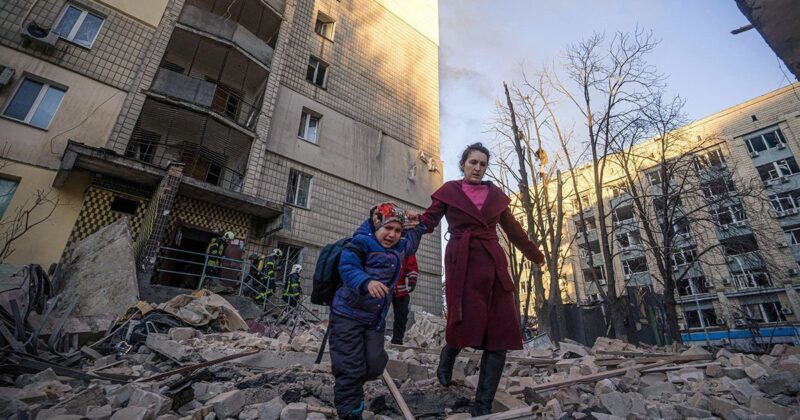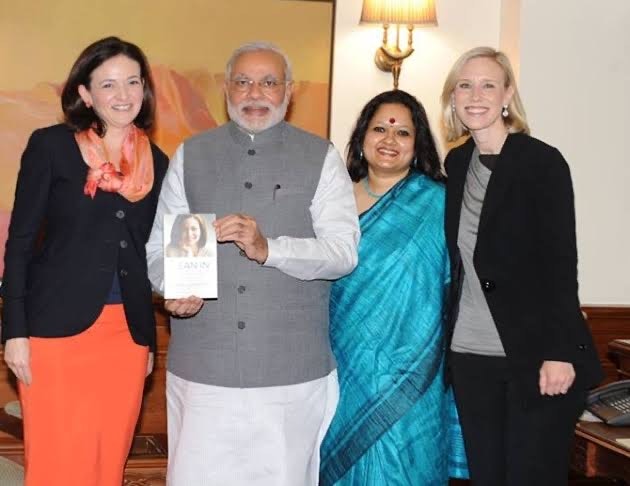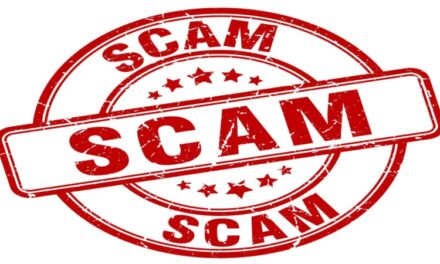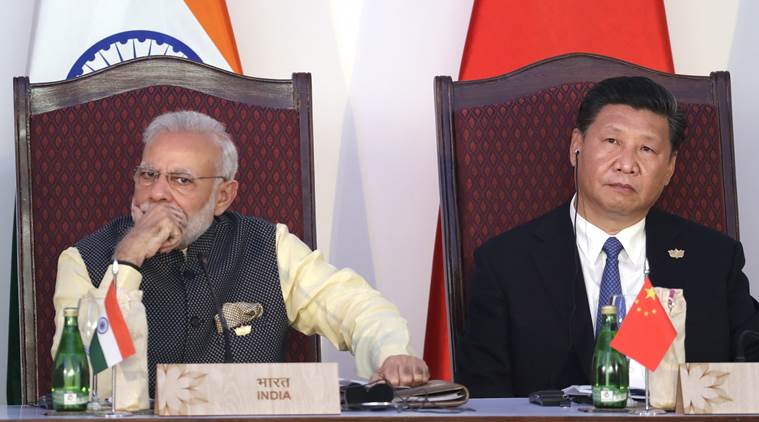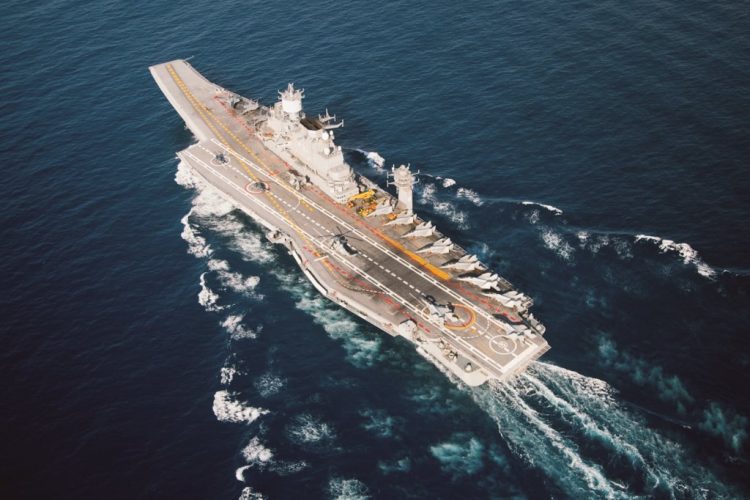Russia has accused Ukraine of plotting to use a ‘dirty bomb’ against its forces, a claim that has been jointly rejected by the US, UK and France.
The dirty bomb is a bomb laced with radioactive material but does not involve a nuclear explosion.
Russia fired missiles and drones into the Ukrainian-held southern town of Mykolaiv, destroying an apartment block, 35 km away from Kherson on Sunday.
The focus of the war has now shifted to Kherson as Russia ordered 60,000 people to flee the region “to save your lives” in the face of a lightning Ukrainian counter offensive.
Russia has accused Ukraine of plotting to use a bomb laced with radioactive material in the Russia-occupied town, a claim that was rejected by Kyiv. Ukrainian Foreign Minister Dmytro Kuleba said the allegations are absurd and dangerous, adding, “Russians often accuse others of what they plan themselves.”
Russian Defense Minister Sergei Shoigu on Sunday claimed that Ukraine was preparing to use a ‘dirty bomb’ against Russian forces.
The allegations were made during Shoigu’s meeting with US, UK and Nato members. A ‘dirty bomb’ is designed to contaminate a wide area with radioactive material, making it dangerous for civilians. It does not involve a nuclear explosion.
The allegations by Russia came at a time when President Vladimir Putin has upped his nuclear rhetoric, especially after announcing the annexation of 15 per cent of Ukraine.
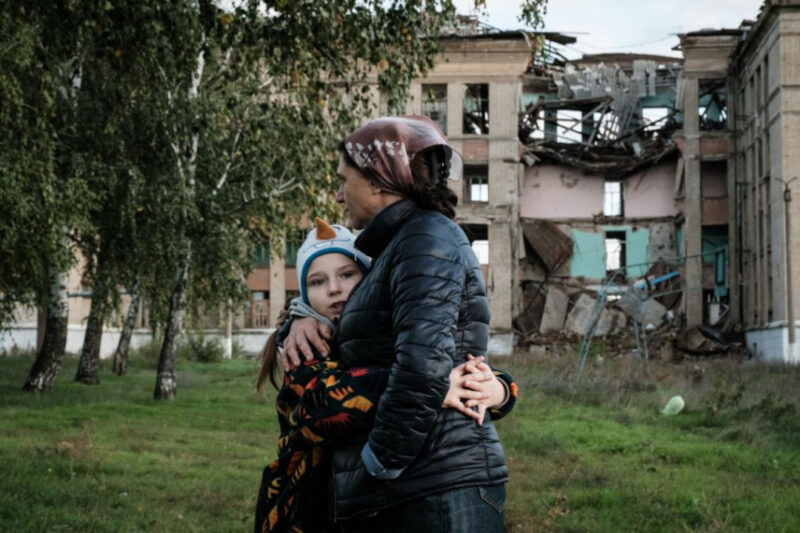
The US dismissed Russian claims and said the world will see through any attempt to use the allegation as a pretext for escalation.
“Our countries made clear that we all reject Russia’s transparently false allegations that Ukraine is preparing to use a dirty bomb on its own territory,” the US State Department said in a joint statement with the British and French governments.
Ukraine President Volodomyr Zelenskyy also dismissed the claims and said if Russia calls and says that Ukraine is allegedly preparing something, it means Russia has already prepared all this. I believe that now the world should react as harshly as possible, he added.
“Even the very Russian threat of nuclear weapons and even more so against our country, which has given up its nuclear arsenal, is a reason for both sanctions and for even greater strengthening of support for Ukraine,” Zelenskyy said.
Meanwhile, Russian attacks on Ukraine’s power grids and critical infrastructure continue.
Moscow said on Sunday it had destroyed a depot in central Ukraine storing over 100,000 tonnes of aviation fuel.
More than one million Ukrainian households have lost electricity following recent Russian strikes and at least a third of the country’s power stations have been destroyed ahead of winter.
In the southern Ukrainian region of Kherson, which Russia claims to have annexed, pro-Moscow officials have urged residents to leave amid Ukraine’s counteroffensive. Kherson, the region’s main city, was the first to fall to Moscow’s troops in the invasion’s early days and retaking it would be a major prize for Kyiv.
Around 25,000 people have already left Kherson city to the left bank of the Dnipro River, according to Russian-appointed officials in Kherson.
The missile and drone strikes, particularly on energy facilities, came after the bridge linking the annexed Crimea peninsula to mainland Russia was partially destroyed by an explosion earlier this month. Putin warned Ukraine and soon after, Russian missiles rained down on Kyiv and eight other cities.
Ukraine has denounced the removal of residents from Kherson, describing them as “deportations”.
As per the UN’s human rights office, over 6,000 civilians, including 397 children, have been killed since Russia invaded Ukraine.
But according to local media these numbers are likely a significant undercount, and the death toll is expected to be much higher, driving home the reality of the brutal conflict.
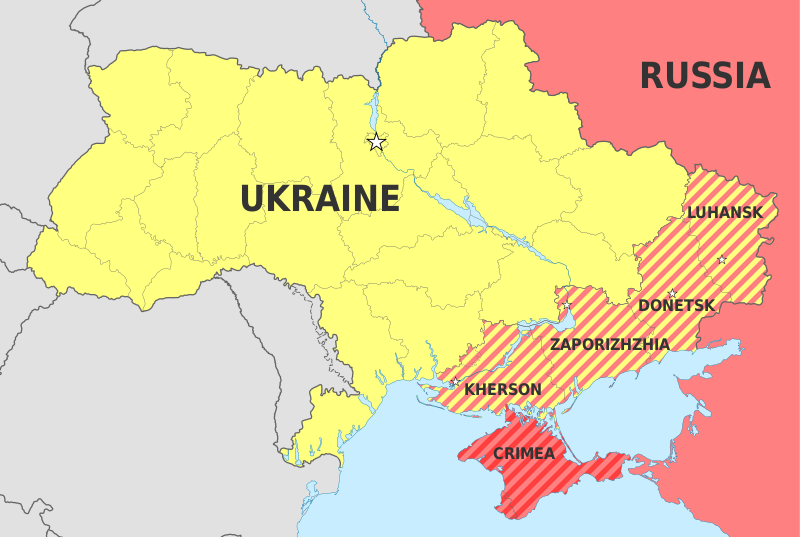
Earlier Russian President Vladimir Putin announced the annexation of four Ukrainian regions in a Kremlin ceremony, defying international law.
“This is the will of millions of people,” Putin said. The annexation ceremony in the Kremlin’s opulent white-and-gold St. George’s Hall featured Putin and the heads of the four regions of Ukraine signing treaties for them to join Russia, in a sharp escalation of the seven-month conflict.
The ceremony comes three days after the completion of Kremlin referendums on joining Russia that were dismissed by Kyiv and the West as a bare-faced land grab, held at gunpoint and based on lies.
The separatist Donetsk and Luhansk regions in eastern Ukraine have been backed by Moscow since declaring independence in 2014, weeks after the annexation of Ukraine’s Crimean Peninsula.
The southern Kherson region and part of the neighboring Zaporizhzhia were captured by Russia soon after Putin sent troops into Ukraine on Feb. 24.
Both houses of the Kremlin-controlled Russian parliament meet stamp the treaties for the regions to join Russia, sending them to Putin for his approval.
Putin and his lieutenants have bluntly warned Ukraine against pressing an offensive to reclaim the regions, saying Russia would view it as an act of aggression against its sovereign territory and wouldn’t hesitate to use all means available in retaliation, a reference to Russia’s nuclear arsenal.
Russia controls most of the Luhansk and Kherson regions, about 60% of the Donetsk region and a large chunk of the Zaporizhzhia region where it took control of Europe’s largest nuclear power plant.

